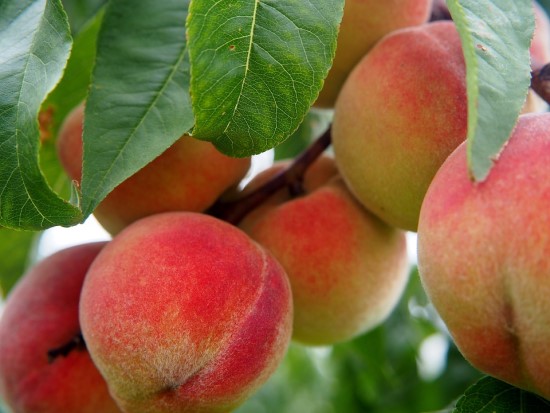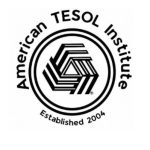In the vast garden of language, adjectives stand out as the vibrant, flavorful fruits that bring nouns to life. Much like a peach tree laden with ripe fruit, adjectives hang from every sentence, adding color, depth, and meaning. They’re the words that shape our perception, allowing us to distinguish between a sweet peach and a bitter one, a sunny day and a rainy night. For English learners, adjectives are essential tools that enrich expression and transform language into a world of vivid imagery and emotions.
What Are Adjectives and Why Are They Important?
Adjectives are words that modify nouns by adding descriptive qualities, much like how colors and scents enhance the experience of a flower. Just as genes define the characteristics of living things, adjectives define nouns, allowing us to express nuances and distinctions. Without adjectives, we would live in a monotone world, unable to describe the bright sun, the cold breeze, or the tall mountains.
Think of adjectives as the fruits of the mythical peach trees of immortality—words that add life and vitality to language. In English, adjectives open up endless possibilities, giving learners a range of ways to describe their surroundings, experiences, and emotions. They’re vital for storytelling, conversation, and communication, turning simple statements into rich, layered expressions.
Adjectives: The DNA of Language
If nouns are the “bones” of language, adjectives are the “DNA,” providing the essential details that bring those bones to life. They allow us to specify and classify, painting a clear image in the listener’s or reader’s mind. For instance, describing a “tree” as a “tall, leafy tree” creates a distinct image, while a “tiny, budding tree” conjures a completely different picture.
Imagine walking through an orchard of adjectives—each one representing a unique flavor and essence that can be added to a sentence. In this orchard, a simple noun like “peach” can transform with adjectives: it can be a “ripe peach,” a “golden peach,” or even a “sour peach.” The power of adjectives lies in their ability to unlock countless ways of seeing the same object, idea, or experience.
Teaching Adjectives: Exploring the Orchard of Language
For TESOL teachers, teaching adjectives is like guiding students through an orchard of descriptive possibilities. Here are some ways to make adjectives come alive in the classroom:
- Sensory Descriptions: Encourage students to use adjectives related to the five senses—sight, sound, touch, taste, and smell. Describe an object (like a peach) using all five senses: fuzzy, sweet, golden, fragrant, and juicy. This activity helps students understand the role of adjectives in bringing an object to life.
- Adjective Trees: Create a “tree” with a noun at the base and adjectives as “branches” extending outward. This can be a collaborative class activity where students add adjectives that describe a noun, forming a branching map of descriptive words.
- Storytelling with Adjectives: Have students write short stories or sentences where they’re required to use a specific number of adjectives. This encourages them to think about the descriptive power of adjectives and how they shape a story’s tone and imagery.
- Comparative and Superlative Games: Use games to teach comparative and superlative forms, such as “taller,” “tallest,” “more delicious,” and “most delicious.” This helps students learn how adjectives can express degrees and comparisons, adding even more versatility to their descriptions.
The Endless Loop of Description: Adjectives in Action
Adjectives provide what could be called a “loop of infinite description.” With each adjective, a noun becomes more specific, and with more specificity, we create a richer experience. For example, a “red rose” becomes “a vibrant, red rose,” which can then become “a vibrant, red rose with a sweet fragrance.” This looping quality is what allows adjectives to add layers to language, helping students find new ways to express themselves and to describe the world as they see it.
Join Us Live: “The Peach Tree of Adjectives”
Explore the magical orchard of adjectives with us in a live stream event, “The Peach Tree of Adjectives,” on December 20th at 1:30 PM EST with Fluency MC on Facebook.com/tesol. This engaging session will dive into the art of teaching adjectives, from basic descriptive words to complex comparisons. Discover the power of adjectives to transform language and take away techniques to make your lessons fun, memorable, and effective.
Come ready to explore, learn, and cultivate your students’ understanding of adjectives. Let’s celebrate the richness adjectives bring to language and help students gain confidence in painting vibrant linguistic pictures. Join us in the orchard of education and harvest the fruits of language learning!



